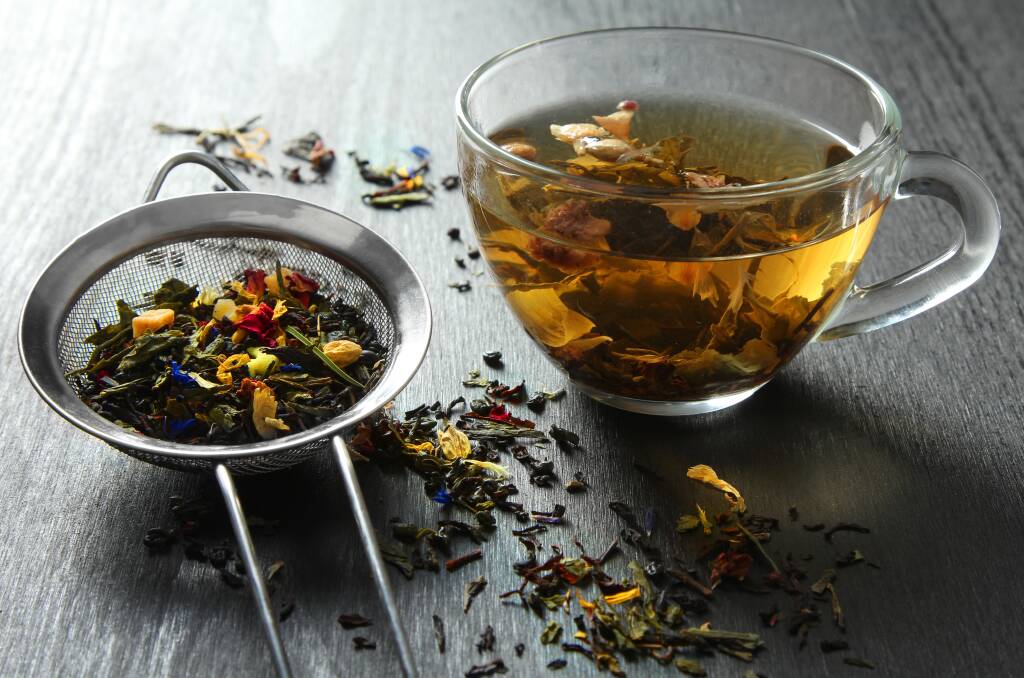Ginger tea, made from the root of the ginger plant (Zingiber officinale), is a popular herbal infusion known for its distinctive spicy flavor and wide range of health benefits. Revered in traditional medicine systems like Ayurveda and Traditional Chinese Medicine, ginger tea is a natural remedy for various ailments, from digestive issues to inflammation.
Key Components of Ginger Tea
Ginger tea derives its health properties from the bioactive compounds in ginger root, including:
- Gingerol: The primary compound responsible for ginger’s anti-inflammatory and antioxidant effects.
- Shogaols: Compounds that enhance its anti-inflammatory properties.
- Zingiberene: An essential oil contributing to its medicinal properties.
- Vitamins and Minerals: Including vitamin C, magnesium, and potassium.
Health Benefits of Ginger Tea
- Supports Respiratory Health
- Reduces Inflammation: Gingerol and shogaols help soothe inflamed airways, making it beneficial for asthma, bronchitis, and respiratory infections.
- Clears Congestion: Ginger tea can help loosen mucus, clear the throat, and improve airflow, especially during colds or flu.
- Combats Pollution: Protects lung tissue from damage caused by oxidative stress and airborne toxins.
- Aids Digestion
- Soothes the Stomach: Ginger tea is a natural remedy for nausea, bloating, and indigestion.
- Promotes Digestive Enzymes: Encourages the production of digestive enzymes, which enhance nutrient absorption and food breakdown.
- Relieves Nausea: Effective for motion sickness, morning sickness, or nausea caused by chemotherapy.
- Reduces Inflammation and Pain
- Ginger’s anti-inflammatory properties can alleviate pain from conditions like arthritis, muscle soreness, and migraines.
- Drinking ginger tea may also reduce menstrual cramps by relaxing uterine muscles.
- Boosts Immunity
- Rich in Antioxidants: Ginger tea helps combat free radicals, reducing the risk of infections and chronic diseases.
- Fights Infections: Its antibacterial and antiviral properties help ward off minor illnesses, such as the common cold.
- Improves Circulation
- Ginger promotes healthy blood flow by relaxing blood vessels and preventing blood clots, which supports heart health.
- May also reduce blood pressure and cholesterol levels over time.
- Regulates Blood Sugar Levels
- Some studies suggest that ginger can help maintain stable blood sugar levels, making ginger tea a supportive addition for people with diabetes.
- Aids in Weight Management
- Ginger tea can boost metabolism, improve fat digestion, and reduce appetite, supporting weight loss goals.
How to Make Ginger Tea at Home
Ingredients:
- 1-2 inches of fresh ginger root (or 1 teaspoon of dried ginger powder)
- 2 cups of water
- Honey or lemon (optional, for flavor)
Instructions:
- Peel and slice the ginger root into thin pieces.
- Bring water to a boil and add the ginger slices.
- Reduce heat and let it simmer for 10–15 minutes.
- Strain the tea into a cup and add honey or lemon if desired.
- Serve hot or refrigerate for a refreshing iced version.
When to Drink Ginger Tea
- Morning: Kickstart your day with an energizing and metabolism-boosting drink.
- After Meals: Aid digestion and prevent bloating or gas.
- During Colds or Sickness: Soothe your throat and clear congestion.
- Before Bed: Help relax your muscles and ease nighttime digestion issues.
Precautions and Side Effects
While ginger tea is generally safe, it’s best to consume it in moderation:
- Heartburn: May cause mild heartburn in some individuals when consumed in large quantities.
- Pregnancy: Beneficial for morning sickness, but consult a doctor before consuming high amounts during pregnancy.
- Blood Thinners: Ginger has natural anticoagulant properties, so those on blood-thinning medications should use caution.
- Allergies: Rare, but some individuals may experience allergic reactions to ginger.
Fun Fact
Ginger has been cultivated for over 5,000 years and was historically considered a luxury spice in trade routes across Asia, Europe, and the Middle East.
Conclusion
Ginger tea is more than just a warming beverage—it’s a powerhouse of health benefits that can soothe the stomach, support respiratory health, and reduce inflammation. Whether you’re looking to boost your immunity or simply enjoy a comforting drink, ginger tea is a versatile and beneficial addition to your daily routine.



